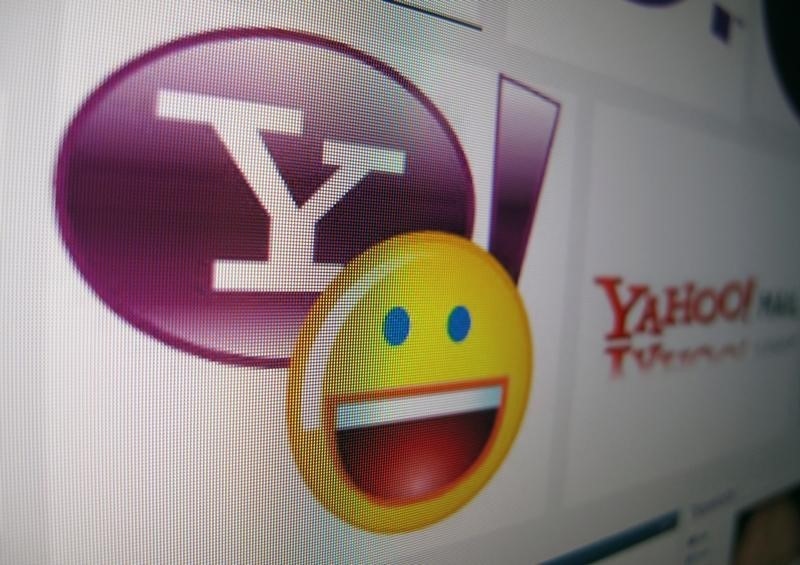
For the oil industry, Yahoo Inc’s decision this week to sell its core business to Verizon Communications Inc for $4.8 billion does not matter all that much. Their world already changed a few months ago, when the company said it would jettison its messaging system that has been the norm for oil traders since the late 1990s.
Back then, Yahoo’s technology revolutionized the industry, helping usher in a new era of high-speed communication that changed the way millions of barrels of oil traded daily. For Gene Grabinski, who was trading crude in Chicago for BP Plc, one of the largest energy companies in the world, it was just the solution needed to stem the endless flood of phone calls as he bought and sold crude in the Midwest and US Gulf.
And it came about only because he saw his young daughters using messaging services back in the late 1990s.
Come August 5, Yahoo is scuttling its legacy instant messaging service as it seeks to move users to its new Messenger platform, which traders will not use because it fails to meet the industry’s compliance standards. The announcement was made in June, prior to the Verizon deal. A company spokeswoman said that Yahoo will focus efforts on its new system, which will deliver better personal communication experiences to its users.
For almost two decades, tens of thousands in the oil industry relied on the old Yahoo Messengersystem, which launched in 1998. At that time, Grabinski was one of just two traders responsible for trading physical, domestic crude for BP, which owns some of the nation’s biggest refineries including its facility in Whiting, Indiana, and previously Texas City, Texas.
But Grabinski had a problem. Every day, his phone “looked like a Christmas tree,” he said, with red and green lights blinking as a flood of brokers called and were put on hold while Grabinski tried to gather market prices.
After seeing his younger daughters, 11 and 7, use online instant messaging to chat with friends, he figured he could use the same system at work at the British major.
“The 11-year-old was on it and we were actively monitoring it at the time. I was aware of it, but I wasn’t really doing it until it came up and I had the potential to use it in the work context,” said Grabinski, who traded crude for more than a decade at BP starting in the early 1990s.
Early adopters
It is not clear how Yahoo took the industry by storm, but Grabinski was part of the first wave of oil traders to use Yahoo instant messaging, having opened his account just a year after it was launched. BP was an early adopter of the technology, and several traders said their use of Yahoo helped spur the industry forward, even though Yahoo never actively encouraged the trading community to use its service.
Grabinski – now a senior crude trader at Italian oil company Eni Trading & Shipping – decided on Yahoo because it was newer than AOL’s AIM chat, already used by his counterparts in power and natural gas trading. He set up a computer screen between himself and the only other domestic, physical-focused trader at the shop. Using his account, they communicated with the rest of the market.
Slowly, its use became more widespread. Today, everyone from oil traders to hedge fund managers, pipeline schedulers, brokers, refinery buyers and even ship brokers uses the chat system globally.
“There’s a lot of back and forth, asking other people ‘What are you seeing? What are you hearing?'” said Tariq Zahir, an investment manager at Tyche Capital Advisors.
Future chat options
Oil companies are finding various solutions for communication going forward. Some large players, including Glencore Plc, have adopted Intercontinental Exchange Inc’s chat. ICE said last month that it has more than 10,000 active users for its messaging system, having grown by 15 percent since January.
Other chat systems include Symphony, CME Group Inc’s Pivot chat, Bloomberg chat, and Thomson Reuters Messenger. Reuters News is a division of Thomson Reuters Corp.
Some have also discussed more widely used mobile options like WhatsApp, Skype or WeChat, which is popular in Asia.
Grabinski said the transition to a new system should not be a problem.
“Change is part of it, and you kind of just move on,” he said. “I don’t think it’s going to be that hard. You just type into a little box.”




